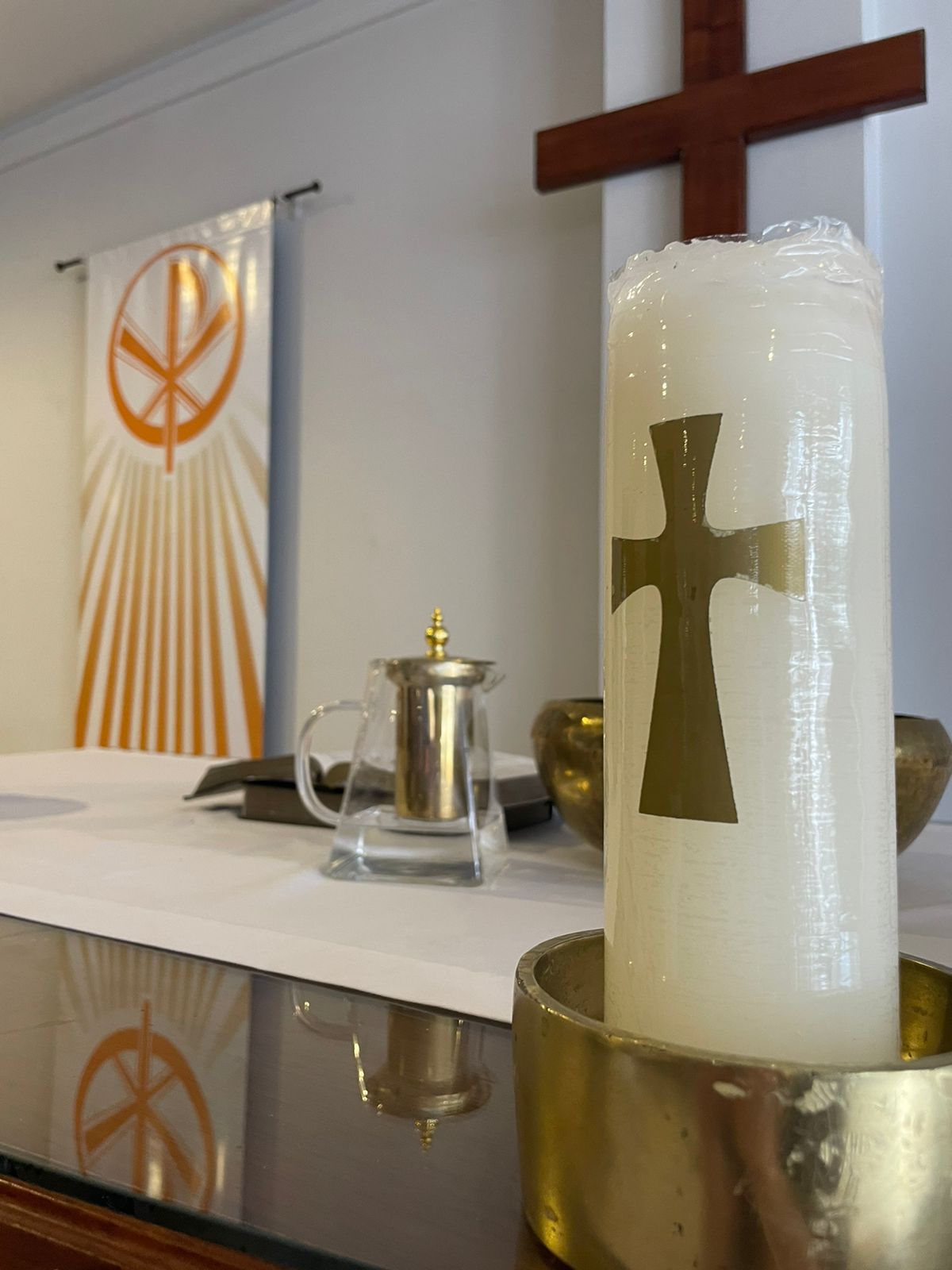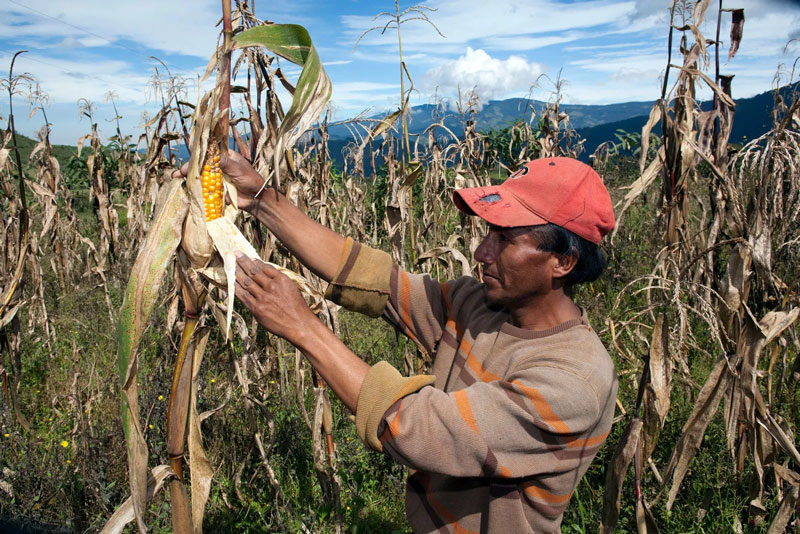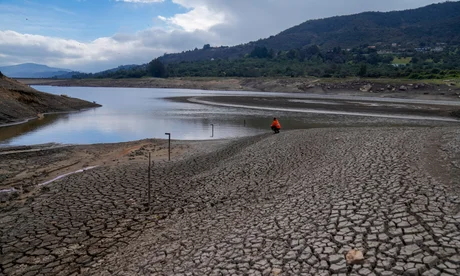Chile’s government is shocked as leftists win control of commission that will write a new constitution
In a shock to conservative President Sebastián Piñera, independent and opposition candidates have a won a key two thirds of seats in the body that will write a new constitution in Chile. The new document will replace the current one, crafted during the dictatorship of General Augusto Pinochet almost 50 years ago.

Despite being the wealthiest country in Latin America on a per capita basis, Chile suffers one of the region’s largest income disparities.
Government-backed candidates only secured about a fourth of the seats in Sunday’s election, making it difficult for them to block sweeping changes.
Before the vote, Sebastián Piñera had called the election historic and said he welcomed the “will of the people to fulfill their interests and aspirations.”
Last October, an overwhelming majority of Chileans voted in favor of rewriting the constitution in a referendum, held as a result of mass street demonstrations across the country a year earlier. The protests, originally triggered by a fare hike on the Santiago metro, drew a wide variety of people who shared an anger about high levels of inequality in Chile.
One of their demands was to reform the old dictatorship-era constitution, which they argued was at the root of much of Chile’s inequality by giving undue weight to Chile’s private sector, including granting it rights to critical water sources in the mostly desert country. Millions of Chileans have also become heavily indebted to pay for private schooling and pensions.
The Constitutional Convention is made up of 155 citizens, and it is the first in the world to stipulate parity between male and female members. Proposals will require two-thirds approval.
With 98.3% of the votes counted, independent candidates had secured 48 seats, the left 28, the centre-left 25, and the right-wing coalition 37. Seventeen seats have been set aside for representatives of indigenous groups, who are not mentioned in the existing charter.
The government, which enjoys the support of the business community, was hoping to secure at least a third of the seats to be able to block proposals they do not agree with.
Delegates will spend nine months, with the option of a one-time extension of three months, crafting the new constitution. The draft will then go to a public vote expected to be held next year. If rejected, the current text remains in place.
Overall, poverty levels have dropped dramatically in Chile over the last 20 years and the country is now the richest in South America on a per capita basis. But it remains one of the world’s most unequal nations, with large slum areas surrounding the largest cities.
Some of the more controversial proposals include changes to private property rights enshrined in the current text as well as to the employment legislation, which could clash with interests of traditional investors.
Parties on the left want greater state control of mineral and natural resources – Chile is the world’s largest copper producer – and more public spending on education, health, pensions and social welfare.
Guillermo Guzmán, a 57-year-old architect, said that he voted “in the hope of getting change for the country … so that we can build a new constitution that is very different to the one left to us by the dictatorship”.
But those on the right say the free-market system in place is one of the main factors behind Chile’s economic growth.
The president said it was “a great opportunity” for Chileans to build a more “fair, inclusive, prosperous and sustainable country”, saying: “It’s our duty to listen with humility and attention to the message of the people.” But he also cautioned against extreme changes that some fear could threaten the country’s reputation as being one of the most stable in the region.
Gabriel Boric, a leading member of the far-left coalition, said the result paved the way for major changes. “We’re looking for a new treaty for our indigenous populations, to recover our natural resources, build a state that guarantees universal social rights.”
Mireya Davila, of the University of Chile’s Institute of Public Affairs, said that the political system was “being reconfigured”, adding, “The electoral force of the independents is much greater than previously thought and this confirms that the citizenry is fed up with the traditional parties.” But she said the process of writing a new text would be “complex” because it would “require negotiating with each of the independents and dealing with each of their positions”.
The popularity of the Piñera government has fallen recently amid poverty and joblessness related to the Covid-19 pandemic. The country, however, has carried out one of the fastest vaccination rollouts in the world.
___________________
Credit: BBC

















